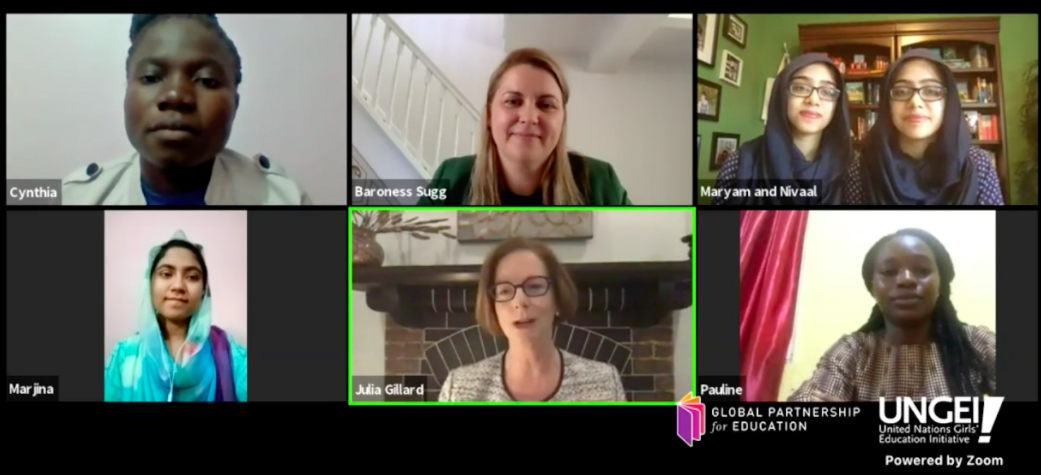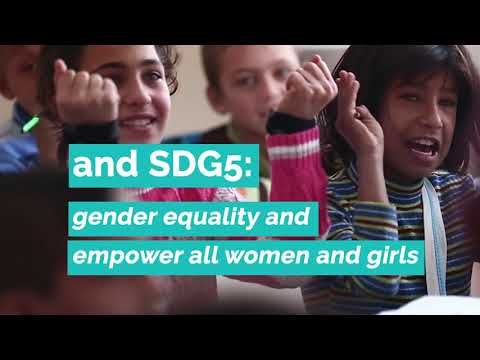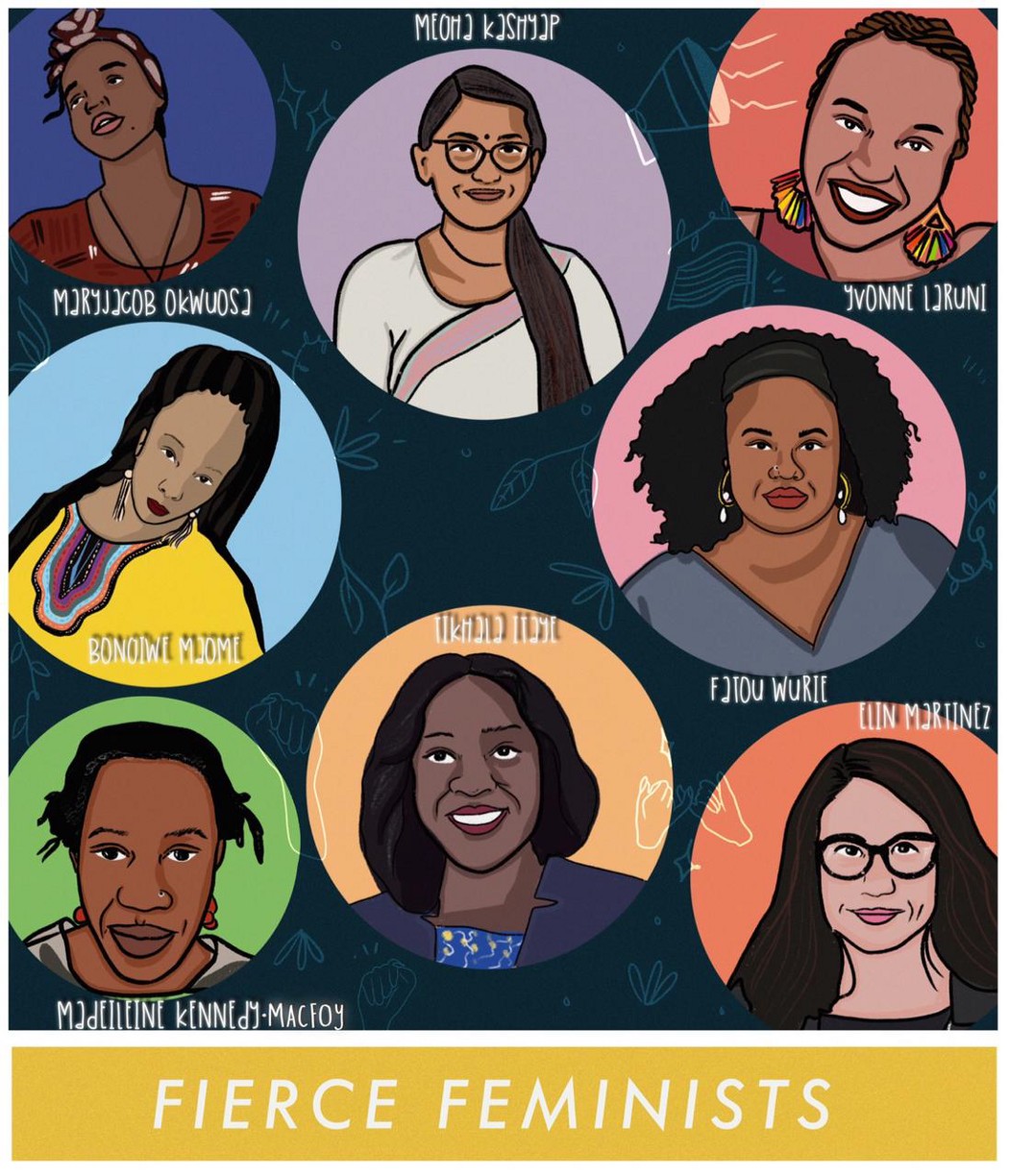At the beginning of June, there was a powerful meet up. Activists: Marjina, Cynthia, Pauline , Maryam, Nivaal, Chair of the Board of Directors for the Global Partnership for Education and member of the Platform for Girls’ Education, Julia Gillard, and UK Special Envoy for Girls’ Education, Baroness Sugg came together from across the world for a virtual meeting as part of our intergenerational dialogue series. They discussed ideas around the theme COVID-19 and girls’ education: A tale of two futures. Read on for our four fave moments from the dialogue!
1. “The scale of this crisis has forced new levels of innovation”
Twin activists Maryam and Nivaal report back on some of the work that youth-led networks have been undertaking in response to the ‘shadow pandemic’ of sexual and gender-based violence during COVID-19. A youth-led network in Nigeria has set up a hotline with qualified professionals for girls and young women to report cases of GBV and to receive counselling services. Kenyan activist and teenage mother Cynthia reports that her Girls Advocacy Alliance chapter is coordinating a group of 20–30 members to check in on each other, share information and stay connected. They are also working closely with chiefs and community leaders to keep track of reports of gender-based violence.
2. Economic vulnerabilities in the time of COVID-19
Cynthia reports on the increased vulnerability of girls and young women due to the economic impacts of the pandemic. In Kenya, national lockdowns have severely restricted the small businesses run by young women — a critical source of economic empowerment and financial independence. Through her work with the Girls’ Advocacy Alliance, Cynthia is supporting vulnerable groups to gain access to social security schemes and government cash transfers to fill this income gap. Through their own foundation “The World With MNR”, Maryam and Nivaal are distributing food packages to villages in Pakistan to ensure girls have access to food during this time of economic hardship.

3. Teaching across the gender digital divide
Marjina, a young education activist from Bangladesh, works with primary school learners in a marginalised community. She has seen first-hand the impact of COVID-19 on families’ livelihoods and girls’ learning. Many of the learners’ families have poor access to internet and digital communication technology, and the shift to digital learning has forced Marjina to find innovative and creative ways to engage her learners. As Marjina observes, “The role of a teacher is not limited to teaching.” In the context of COVID-19, Marjina has been mobilising funds, disseminating vital health information and providing psycho-social support to vulnerable learners, particularly girls.
4. “Young people should be empowered with the resources, skills and platform needed to lead”
Youth globally are working and advocating for policy by their governments to ensure girls return to school. Through her work with Girls’ Advocacy Alliance Liberia, Pauline is lobbying the government to ensure free or affordable digital learning platforms, and to continue investing in digital learning during the COVID-19 crisis and beyond. Julia Gillard and Baroness Liz Sugg both recognised that youth — particularly girls and young women — must be consulted on decisions about their education. However meaningful engagement with youth must go beyond consultations. As this dialogue highlights, youth-led networks are carrying out critical activism from the global to the grassroots. Their work must be recognised and funded by governments, NGOs and other stakeholders.


